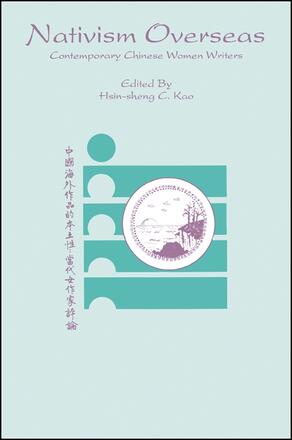
Nativism Overseas
Contemporary Chinese Women Writers
Alternative formats available from:
Description
This book examines five of the most influential Chinese-born women writers of the post-war era: Nie Hualing, Yu Lihua, Chen Ruoxi, Li Li, and Zhong Xiaoyang. They have become a dominating force in Chinese literature today, although they presently reside outside their homeland. This book raises a clear and consistent voice in line with the literature of exile and self discovery. As these writers talk of the 'root'—the self, and their social, cultural, and historical identities— their varied voices share the unique characteristics of the literature of exile.
These women, who continue to write in their native language, envision themselves as the literary mediators between their lost past and their newly adopted homeland. They compare each of these worlds in terms of the demons with which they have wrestled for identity, recognition, and freedom.
The book is of interest not only to those with a particular interest in the phenomenon of these Chinese exiled intellectual émigrés and their role in the influence on the development of Chinese literature, but to those who seek to understand the development of women's studies and world literature as a whole, and the influence of East-West literary relations in particular.
Hsin-sheng C. Kao is Associate Professor in the Department of Asian and Asian American Studies at California State University. She is the author of Li Ju-chen and The Grass of the Returning Souls.